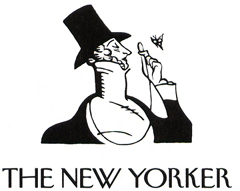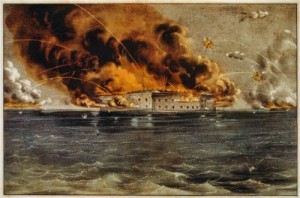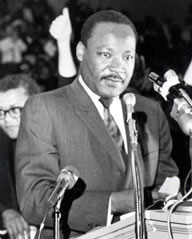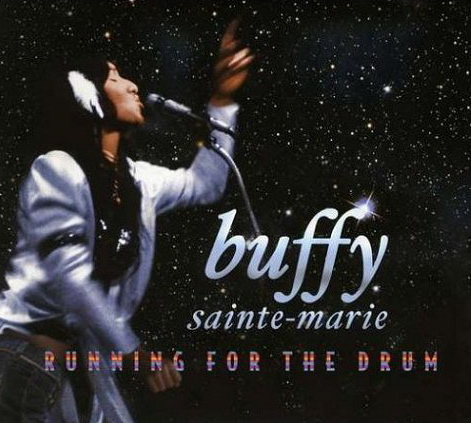 “With the coming of the Industrial Revolution, craftsmanship dissolved miserably into creativity.” In his shop beside the flour mill, the cooper spoke flatly and firmly, with no correction possible.
“With the coming of the Industrial Revolution, craftsmanship dissolved miserably into creativity.” In his shop beside the flour mill, the cooper spoke flatly and firmly, with no correction possible.
It was Colonial Williamsburg, and my daughter Emily and I were breaking our cross-country drive with a hot summer’s day walk into 18th-century Virginia. Continue reading “Craft vs. Creativity”








